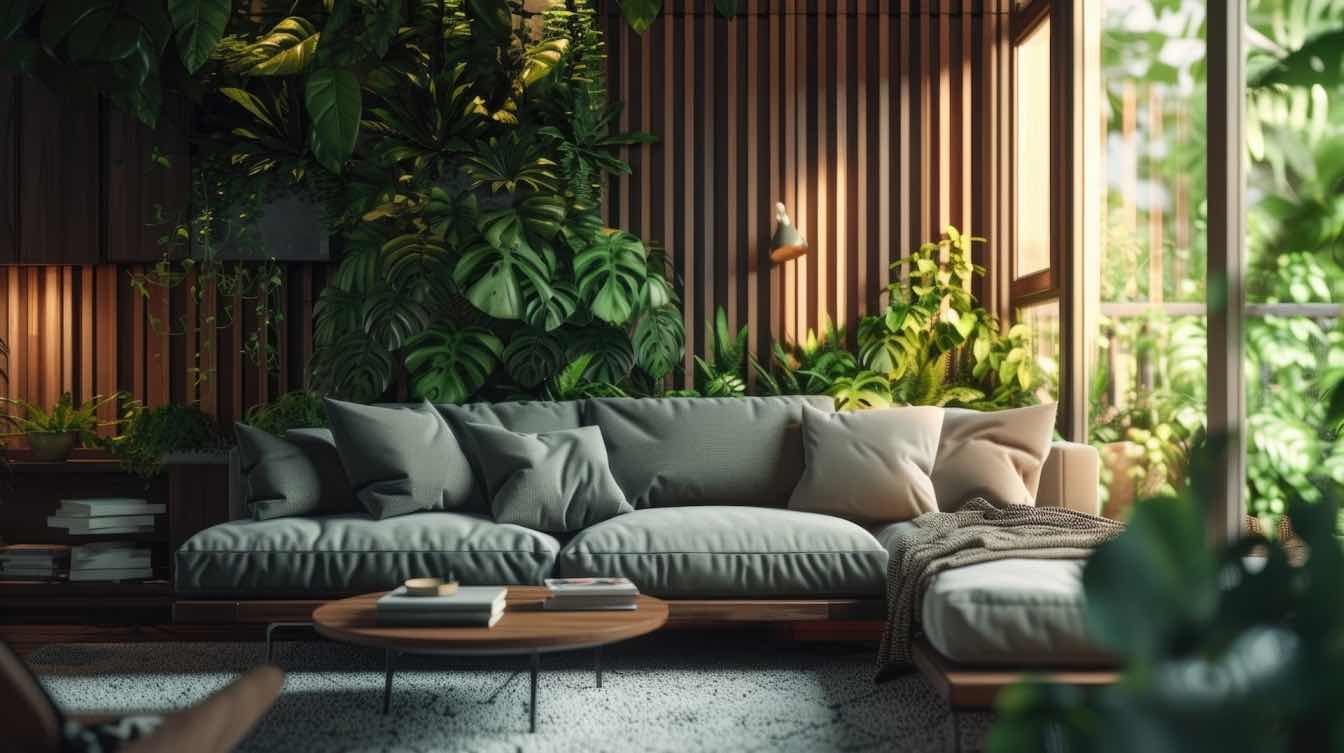Maintaining a clutter-free and pest-free home environment is not just about keeping a tidy space; it is essential for promoting a healthy and safe living setting. Clutter can not only detract from the aesthetic appeal of your home but can also become a breeding ground for pests and bacteria, leading to potential health risks. Furthermore, an organized space can significantly reduce stress and improve overall well-being. In this article, we will explore the intertwined relationship between minimizing clutter and controlling pest presence in our homes, emphasizing the importance of both for enhancing the quality of life.
Strategies for Preventing Pest Infestations
Sealing entry points is a critical first step in pest prevention. This involves checking for and sealing gaps in windows, doors, and walls where pests might enter. By creating a physical barrier, you significantly reduce the risk of pests finding their way into your home.
Regular cleaning and waste management are fundamental in deterring pests. Ensure that food is stored in sealed containers and that garbage is disposed of promptly and properly. Reducing food sources available to pests is a key aspect of preventing infestations, as it makes your home less attractive to them.
Integrated Pest Management (IPM) is a sustainable approach to managing pests by combining biological, cultural, physical, and chemical tools in a way that minimizes risks to human health and the environment. Implementing IPM strategies can effectively control pest populations while keeping the use of toxic chemicals to a minimum. You can find pest control in Albany, NY, or any other location by searching online. Make sure to choose a reputable and environmentally conscious pest control company.
The Health Risks of Clutter and Pests
Cluttered environments can lead to increased stress and anxiety, impacting mental health significantly. The overwhelming feeling of a disorganized space can disrupt our peace of mind, making relaxation and focus more difficult to achieve. Beyond mental health implications, clutter can attract pests such as rodents and insects, which are known carriers of diseases.
Pests thrive in cluttered environments, hiding in the nooks and crannies that disarray provides. These unwanted guests can introduce a range of health risks, including allergies, asthma, and even more serious diseases through bites or droppings. Maintaining a clean environment is critical in keeping these health risks at bay.
The connection between clutter and indoor air quality cannot be understated. A cluttered home may trap dust, mold, and mildew, exacerbating respiratory issues and potentially leading to longer-term health problems. Regular decluttering and cleaning are proactive steps towards improving indoor air quality and protecting your health.
Psychological Benefits of a Clutter-Free Environment
Living in a clutter-free space enhances clarity of thought and boosts productivity. A tidy environment allows for efficient organization and retrieval of items, saving time and reducing daily frustrations. This organizational efficiency can translate into reduced stress levels and a more focused mindset.
The aesthetic appeal of an organized space cannot be overstated. A decluttered home is not only pleasing to the eye but also fosters a sense of calm and relaxation. This can significantly contribute to a positive mood and overall mental well-being, creating a sanctuary where stressors from the outside world seem more manageable.
Engaging in the process of decluttering itself can be therapeutic. The act of organizing one’s space and making decisions about what to keep or discard can provide a sense of control and accomplishment. This activity can also be a mindful practice, allowing individuals to live more intentionally with their possessions. Beyond the physical and aesthetic benefits of a clutter-free environment, maintaining such a space also plays a critical role in your psychological health. It's worth noting that finding professional help to navigate these emotional landscapes can be just as vital for your well-being. If you're looking for support in dealing with the stress and anxiety that disorganized spaces can invoke, options to connect with therapists in Dallas are available, offering guidance towards achieving not only a clutter-free but also a peace-filled life.
Implementing a Clutter-Free Lifestyle
Adopting the "one in, one out" rule can substantially aid in maintaining a clutter-free home. This practice involves discarding or donating an old item whenever a new item is brought into the house, preventing the accumulation of unnecessary belongings.
Setting aside regular decluttering sessions can make the task less daunting. Even dedicating just 15 minutes a day to organizing a specific area can lead to significant improvements over time. This habit ensures that clutter is managed consistently, preventing it from becoming overwhelming.
Rethinking purchasing habits plays a crucial role in maintaining a clutter-free environment. Before acquiring new items, consider their utility and the available space in your home. Mindful purchasing can prevent clutter from accumulating and supports a more sustainable lifestyle.
The Role of Mindfulness in Maintaining a Clutter-Free Home
Practicing mindfulness can play a pivotal role in sustaining a clutter-free environment. Being mindful of what we bring into our homes encourages us to consider the necessity and value of each item. This approach not only helps in reducing the inclination to accumulate unnecessary possessions but also fosters a deeper appreciation for the items we choose to keep. Mindfulness creates a more intentional living space that reflects our true needs and values.
In addition to mindful acquisition of items, mindfulness can enhance our approach to decluttering. By focusing on the present moment, we can more effectively assess what belongings truly serve a purpose in our lives and which ones contribute to clutter. This process not only declutters our physical space but also declutters our minds, leading to a sense of mental clarity and peace. The act of decluttering becomes not just a chore, but a mindful practice that nurtures our mental health.
Mindfulness can help in maintaining a pest-free environment. By being more aware of our living space and the conditions that may attract pests, we can preemptively address issues such as food spillages, water leaks, and improper waste management. Mindfulness in daily habits ensures that our homes remain unappealing to pests, maintaining the physical health of our environment alongside its aesthetic and psychological benefits.
Maintaining a clutter-free and pest-free home environment is vital for promoting good physical, mental, and emotional well-being. By following the strategies outlined in this article and incorporating mindfulness into our daily habits, we can create a harmonious living space that supports our overall health and happiness. With consistency and effort, a clutter-free and pest-free home can become a reality for everyone. Maintaining a clutter-free and pest-free home environment is not just about appearances, but it has significant impacts on our health, well-being, and overall quality of life. By implementing strategies such as regular cleaning and waste management, sealing entry points for pests, and practicing mindfulness in our daily habits, we can create a safe, organized, and uplifting living space. Let us strive towards creating clutter-free and pest-free homes for ourselves and our loved ones.





